Baka Mitai! Like a Dragon: Yakuza Live-Action Series Won’t Have Karaoke
The highly anticipated live-action adaptation of the Yakuza series, Like a Dragon, will notably omit the beloved karaoke minigame. Executive producer Erik Barmack explained in a recent discussion that adapting the game's extensive content (over 20 hours of gameplay) into a six-episode series necessitates prioritization. The sheer volume of source material made including karaoke initially impractical.
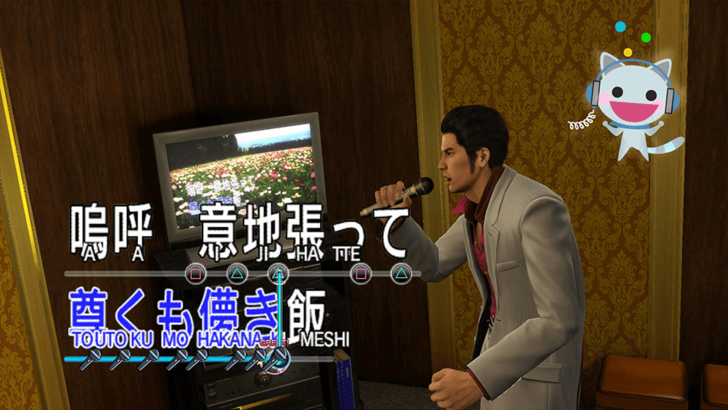
However, Barmack hinted at the possibility of karaoke's inclusion in future seasons, particularly given actor Ryoma Takeuchi's (portraying Kazuma Kiryu) fondness for karaoke. The decision to exclude it for the first season is primarily a narrative choice to maintain focus on the main storyline and director Masaharu Take's vision.

The absence of karaoke has understandably caused some fan concern, with worries that the series might sacrifice the comedic elements and quirky side stories that define the Yakuza franchise for a more serious tone. This highlights the inherent challenge of adapting beloved games while satisfying fans' expectations for faithfulness. Successful adaptations, such as Prime Video's Fallout, demonstrate the importance of capturing the original's tone and world-building. Conversely, Netflix's Resident Evil (2022) serves as a cautionary tale of deviating too far from the source material.
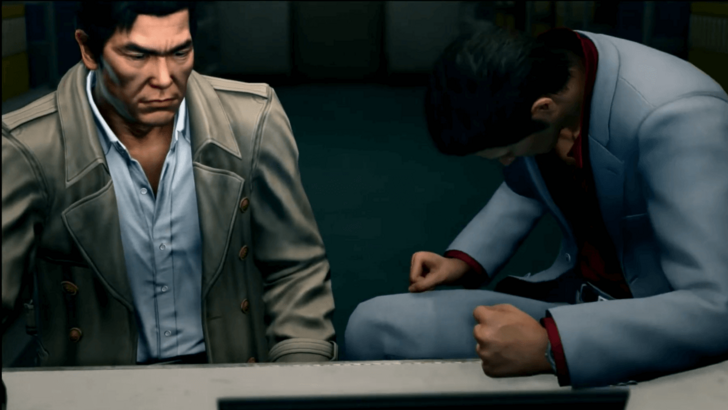
RGG Studio Director Masayoshi Yokoyama described the series as a "bold adaptation," aiming for a fresh experience rather than a simple recreation. He assured fans that the show retains the series' unique charm, promising moments that will elicit smiles throughout. The specifics remain undisclosed, leaving fans to anticipate the final product. This strategic omission of a beloved feature, while potentially disappointing, might ultimately contribute to a more focused and impactful narrative in this initial adaptation.
-
1

GTA 6 Set for Fall 2025 Release, CEO Confirms
Apr 03,2025
-
2

First ALGS in Asia Emerges in Japan
Jan 19,2025
-
3

Roblox: CrossBlox Codes (January 2025)
Mar 04,2025
-
4
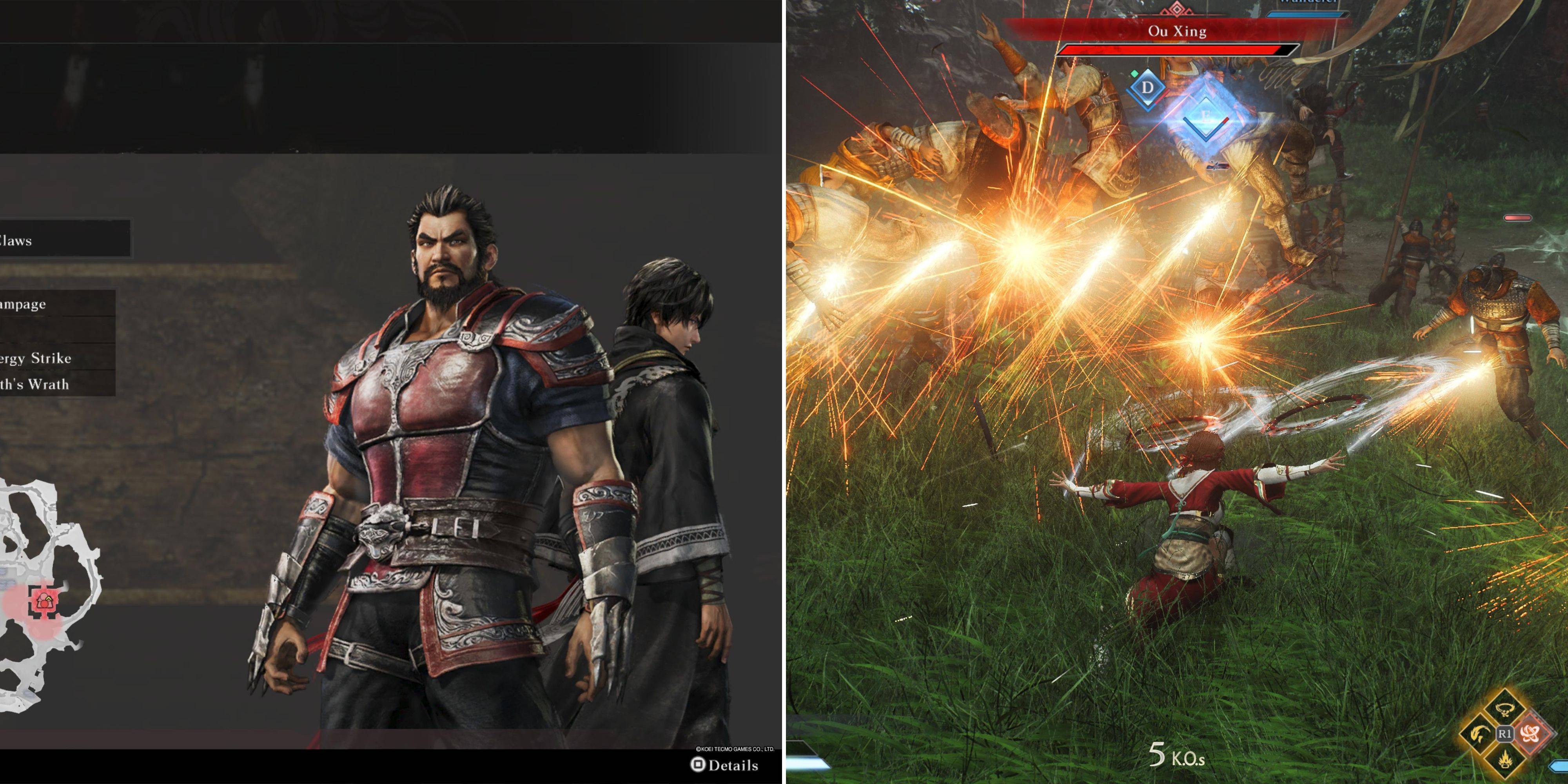
Introducing the Ultimate Guide to Seamless Character Swapping in Dynasty Warriors: Origins
Feb 25,2025
-
5
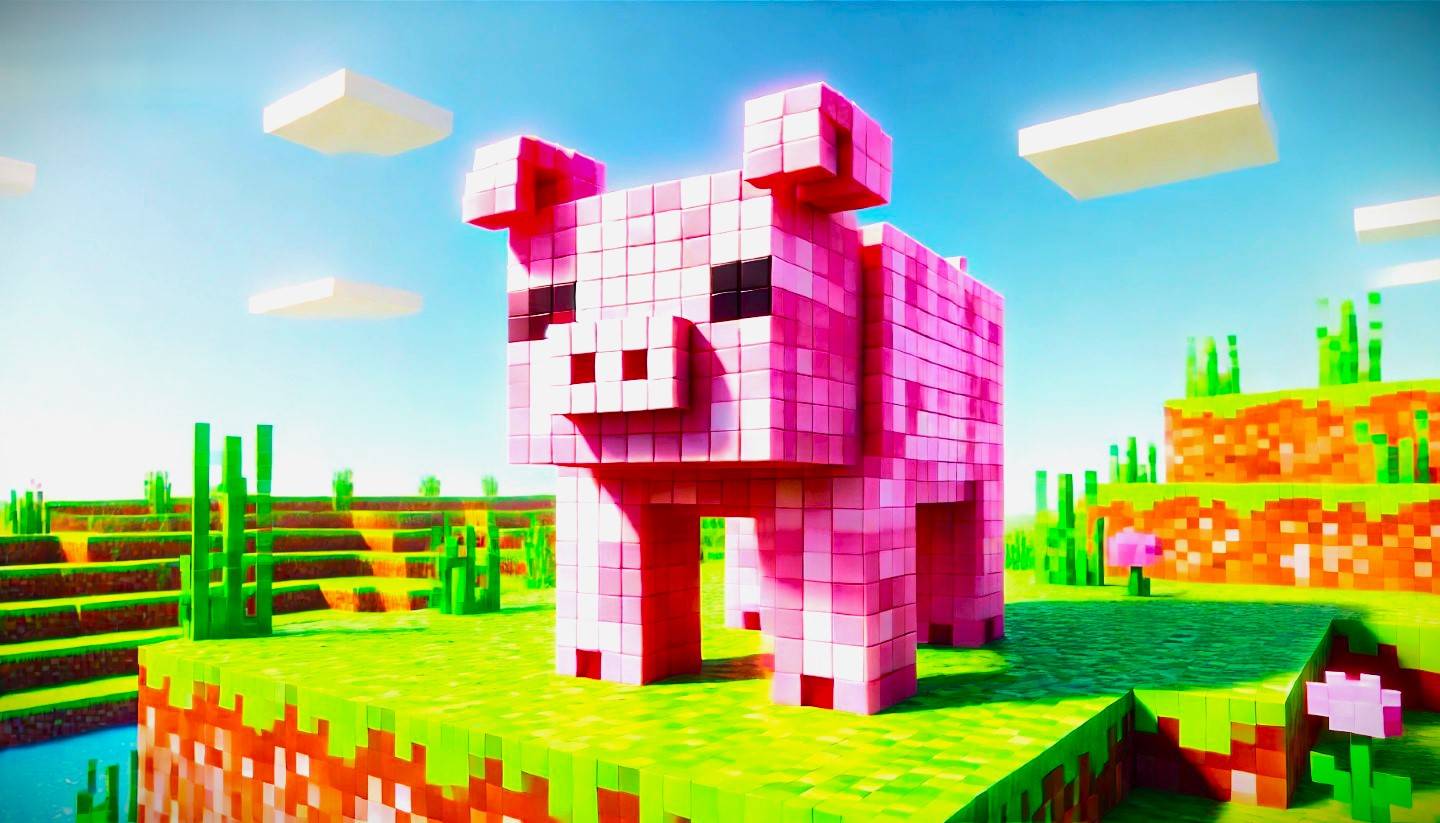
Cute mobs in Minecraft: pink pigs and why they are needed
Mar 06,2025
-
6

Max Hunter Rank in Monster Hunter Wilds: Tips to Increase
Apr 04,2025
-
7

Capcom Spotlight Feb 2025 Showcases Monster Hunter Wilds, Onimusha and More
Apr 01,2025
-
8
![Roblox Forsaken Characters Tier List [UPDATED] (2025)](https://img.jdzca.com/uploads/18/17380116246797f3e8a8a39.jpg)
Roblox Forsaken Characters Tier List [UPDATED] (2025)
Mar 05,2025
-
9
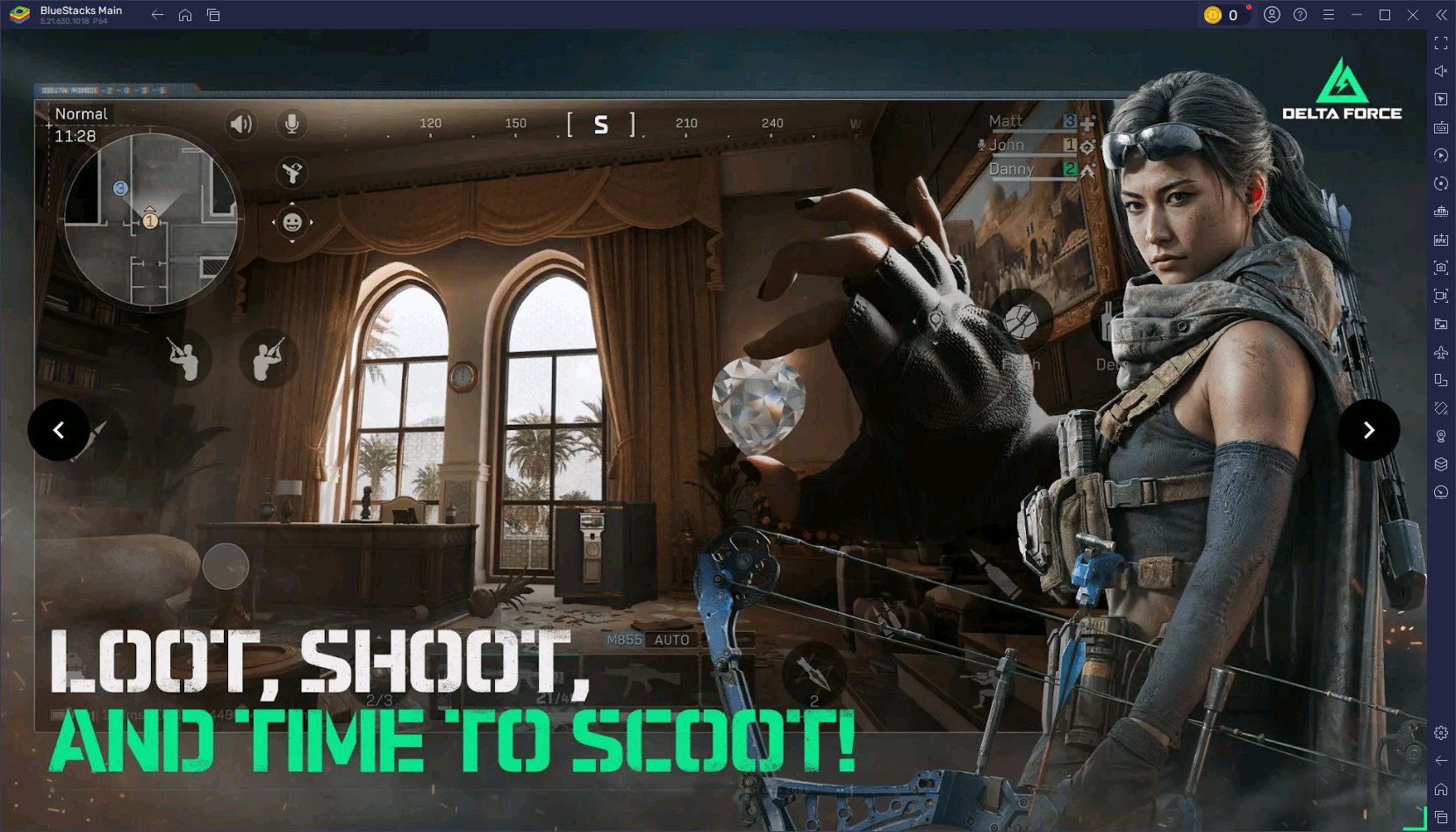
Delta Force Mobile: Beginner's Guide to Getting Started
Apr 23,2025
-
10
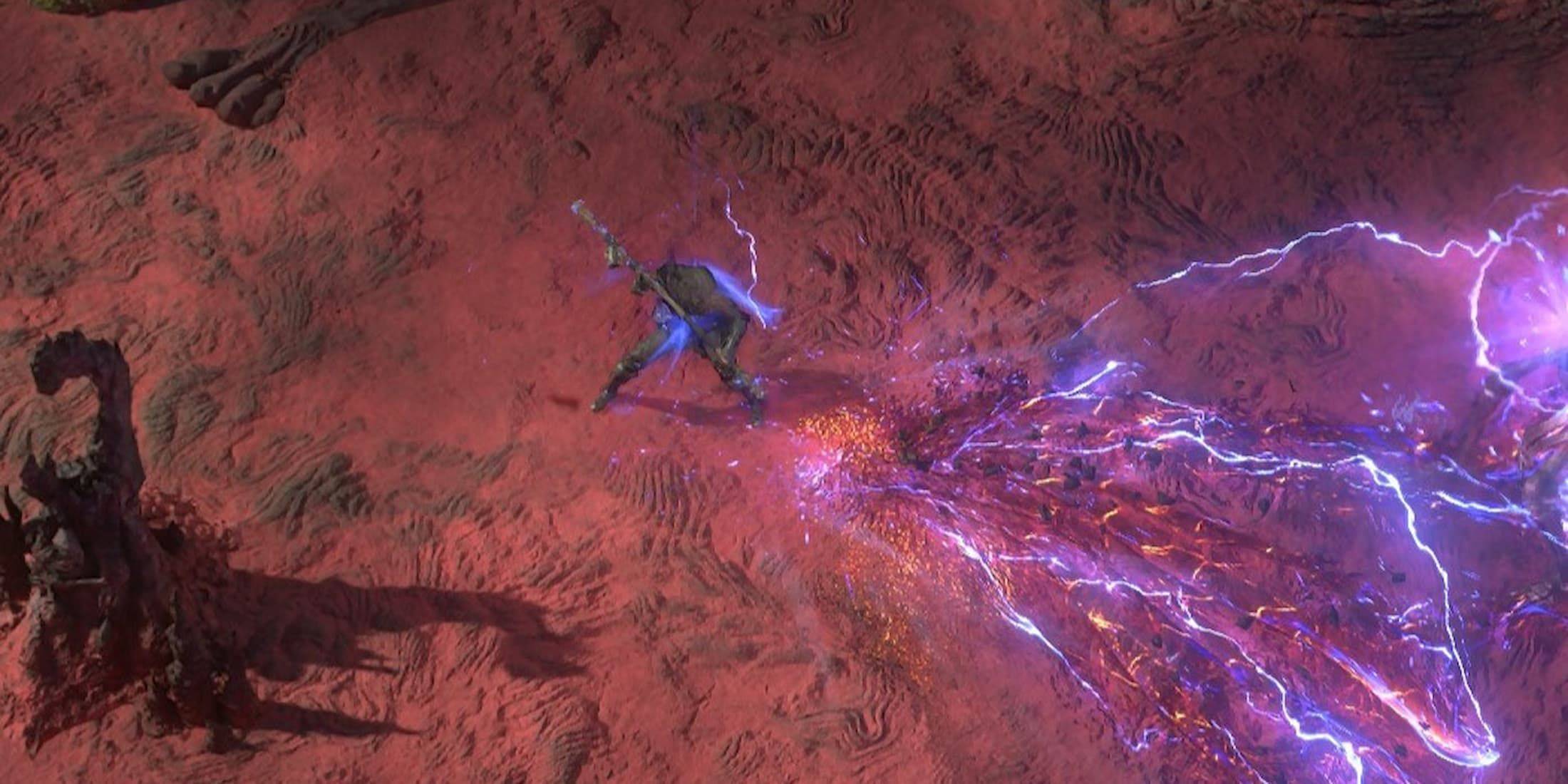
Power Charges in Path of Exile 2: Explained
Apr 03,2025
-
Download

Portrait Sketch
Photography / 37.12M
Update: Dec 17,2024
-
Download

Friendship with Benefits
Casual / 150.32M
Update: Dec 13,2024
-
Download
![[NSFW 18+] Sissy Trainer](https://img.jdzca.com/uploads/16/1719638919667f9b874d57e.png)
[NSFW 18+] Sissy Trainer
Casual / 36.00M
Update: Dec 11,2024
-
4
F.I.L.F. 2
-
5
슬롯 마카오 카지노 - 정말 재미나는 리얼 슬롯머신
-
6
Shuffles by Pinterest
-
7
Pocket Touch Simulation! for
-
8
Life with a College Girl
-
9
Chubby Story [v1.4.2] (Localizations)
-
10
Hunter Akuna














